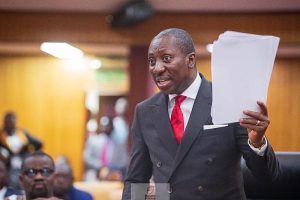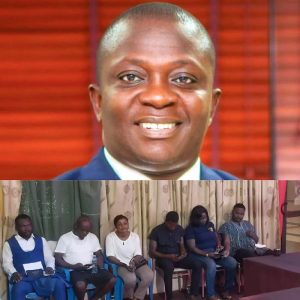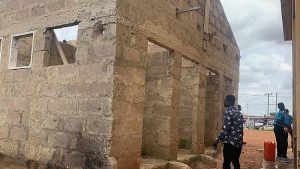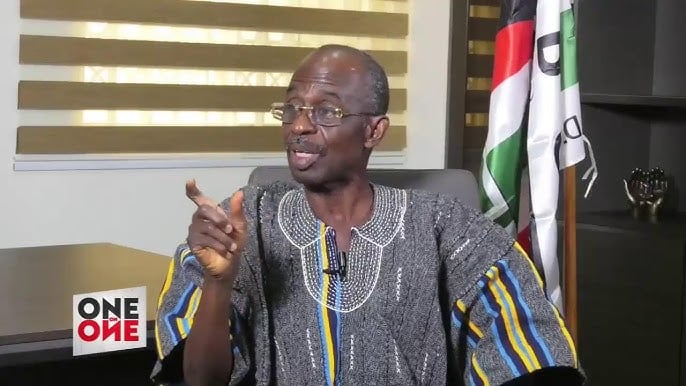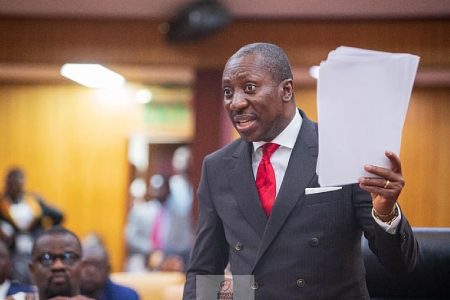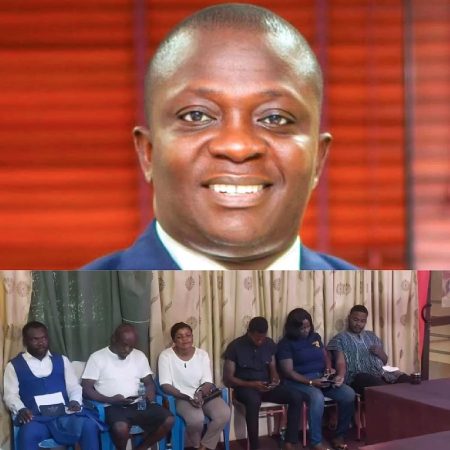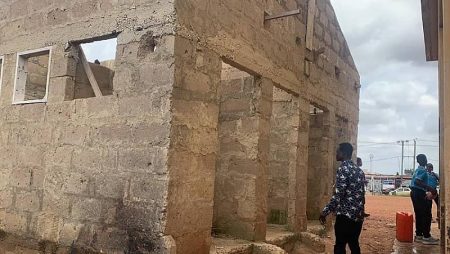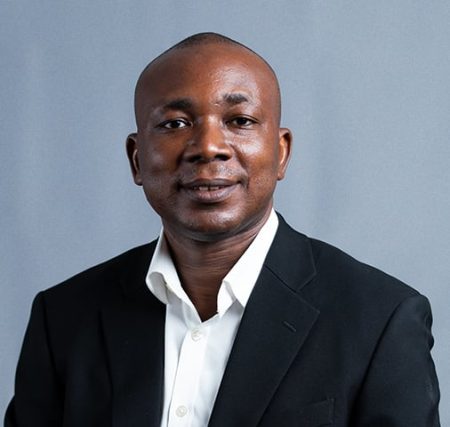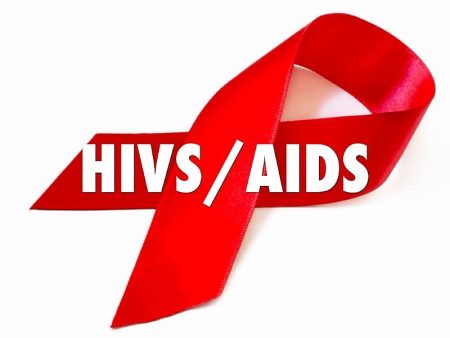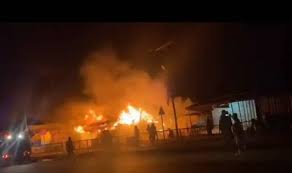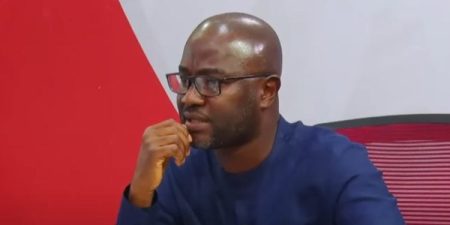Johnson Asiedu Nketiah, the National Chairman of Ghana’s ruling National Democratic Congress (NDC), has launched a scathing critique of the Electoral Commission (EC) under the leadership of Jean Mensa, expressing profound dissatisfaction with the Commission’s performance since the 2020 general elections. Nketiah contends that the EC, in its current composition, has consistently failed to conduct elections that meet satisfactory standards, citing “overwhelming evidence” of incompetence that necessitates a complete overhaul of the Commission’s leadership. He argues that retaining the current leadership would be a disservice to the nation’s democratic principles and aspirations.
Nketiah’s primary grievance stems from what he perceives as a pattern of flawed electoral processes under Mensa’s tenure. He points to specific instances, such as the disenfranchisement of the people of Santrokofi, Akpafu, Likpe, and Lolobi (SALL) in the 8th Parliament, and the contentious parliamentary election in Ablekuma, as clear examples of the EC’s shortcomings. These incidents, according to Nketiah, highlight a deeper issue of systemic malfunction within the Commission, undermining the integrity and credibility of Ghana’s electoral system. He firmly asserts that the EC, as currently constituted, is “not fit for purpose” and requires a fundamental “reset” to restore public trust and ensure free and fair elections.
The NDC chairman’s criticism extends beyond mere procedural errors, encompassing what he sees as a fundamental lack of competence within the EC’s leadership. He specifically implicates Jean Mensa and her two deputies, Bossman Asare and Samuel Tettey, for the perceived decline in the Commission’s performance. Nketiah contends that their leadership has failed to uphold the high standards expected of an electoral body, resulting in a series of controversies and disputes that have cast a shadow over Ghana’s democratic processes. He argues that their continued presence at the helm of the EC poses a significant threat to the future of Ghana’s electoral integrity.
Nketiah’s call for a “reset” of the EC goes beyond simply replacing the current leadership. He advocates for a comprehensive reform of the institution, aimed at strengthening its capacity and ensuring its impartiality. He emphasizes the importance of having an electoral management body that is truly independent, professional, and capable of conducting elections that are beyond reproach. Nketiah’s argument rests on the premise that a robust and credible electoral system is the cornerstone of any functioning democracy, and that Ghana’s current EC, under Mensa’s leadership, falls short of this ideal.
Furthermore, Nketiah questions the EC’s interpretation and application of existing electoral laws. He argues that Ghana’s electoral framework already provides sufficient mechanisms to prevent stalemates and controversies, suggesting that the recurring issues are a result of negligence or incompetence rather than legislative loopholes. He emphasizes that the EC’s failure to effectively utilize the existing legal framework underscores the need for a fundamental change in the Commission’s approach to electoral management. He calls for a renewed focus on adherence to the law and a commitment to conducting elections in a manner that is transparent, accountable, and free from undue influence.
In essence, Asiedu Nketiah’s critique of the Jean Mensa-led EC represents a broader concern about the health of Ghana’s democratic institutions. He argues that a flawed electoral system undermines the very foundation of democratic governance, eroding public trust and creating an environment ripe for instability. His call for a comprehensive overhaul of the EC is not merely a partisan attack, but rather a plea for a stronger, more credible electoral system that can safeguard Ghana’s democratic future. He believes that a “reset” of the EC is essential to restoring faith in the electoral process and ensuring that the will of the Ghanaian people is accurately reflected in the outcome of elections.


